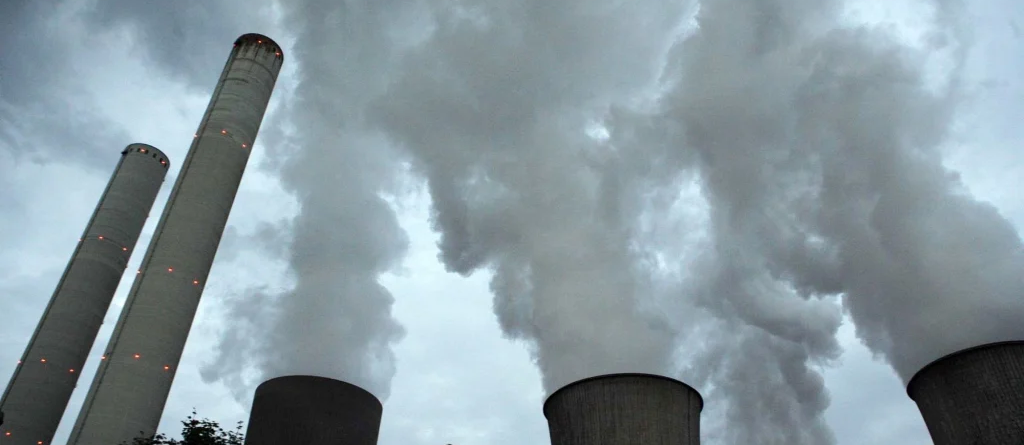Dutch pension fund PMT sells most fossil fuel holdings
Pensioenfonds Metaal & Techniek (PMT) has divested from 40 oil and gas companies, but remains invested in nine companies with “sufficiently convincing plans” for the energy transition and carbon reduction.
All of the retained companies are headquartered in Europe.
Over the past two years, the pension fund had asked all companies in the oil and gas sector in which it invests to commit to the Paris Agreement and set sufficiently ambitious and substantiated CO2 reduction targets. Forty of those companies could not meet PMT’s requirements and have since been sold.
PMT remains invested in nine oil and gas firms, for a total of €200m (less than 1% of its equity portfolio). About half of this is a stake in Shell. The other eight remaining companies are Aker BP ASA, BP, Enbridge, Eni, Equinor, Galp Energia, Neste and OMV.
None of these companies are currently operating in line with the goals of the Paris Agreement, PMT’s chief investment officer Hartwig Liersch noted in an accompanying press release. But this applies to the entire global economy, he added.
“PMT has observed that these companies did make progress during the engagement programme. Therefore, we choose to continue with our engagement,” Liersch said.
According to a spokesperson, the nine companies in question will be “continuously” monitored to see if they continue to make sufficient progress.
“If a company no longer meets the conditions, we can decide to escalate. That ultimately includes exclusion,” the spokesperson added.
New oil fields
PMT’s conditions include the promise to stop developing new oil fields by 2025. The development of new gas fields need not be stopped, however.
“Given the role that the remaining companies play in the global supply of scarce natural gas, we are looking more explicitly at short-cycle projects there that can absorb shortages,” the spokesperson explained.
According to PMT, the oil and gas companies it has retained have all made “statements” about stopping the development of new oil fields. “Some more explicitly than others, though,” the spokesperson added.
Indeed, how firm these promises are remain to be seen. Italy’s Eni, for example, wants to become “less dependent” on oil, but has not made a hard promise to stop exploration.
According to a spokesperson at Shell, meanwhile, continuing exploration in areas where the company can use and reuse existing infrastructure is required from an energy supply perspective although Shell has said it will not make any frontier exploration entries after 2025.
Unlike ABP and PME, two other large Dutch pension funds, PMT has not considered excluding the entire fossil sector. Its participants expect PMT to keep talking to polluters, the fund said, “and not simply exclude companies or a sector”.
A significant portion of PMT’s participants work in the fossil sector.
“This includes people who, for example, do installation and maintenance work at Shell refineries. ABP and PFZW have different constituencies, which can more easily afford to look at things differently,” Liersch said in an interview with Dutch daily NRC.
Read more @ipe











